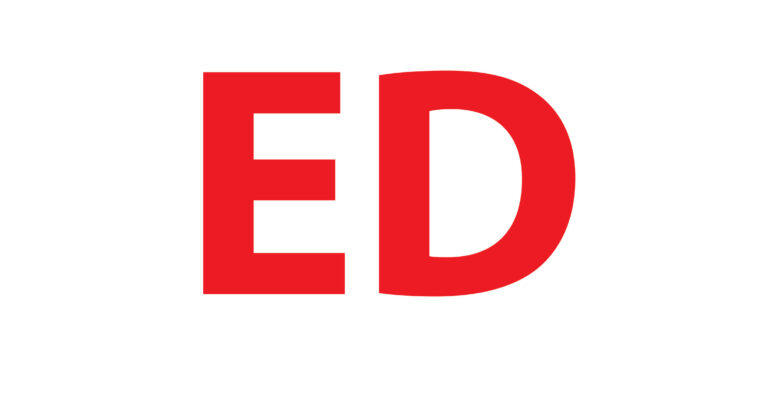Cookie Policy
What are cookies, web beacons and similar technologies
What are Cookies?
Cookies: Cookies are small (often encrypted) text files placed in the memory of your web browser or device when you visit a website or view a message. Cookies allow a website to recognize a particular device or browser. There are several types of cookies:
How cookies are used
Cookies are used to assist in making a website work more efficiently. They are used to remember your preferences, for example; your IP address and the time you first visited the website. When you leave the site and come back to it, this information can be reloaded from your computer thereby generally improving your user experience. By default, this only user for one hour.
What technologies do we use and why
Performance: Performance technologies may include first or third-party cookies, web beacons/pixels, and scripts placed in order to gather information about how you use our website (pages you visit, if you experience any errors, load times). These cookies do not collect any information that could identify you and are only used to help us improve how our website works, understand the interests of our users, and measure how effective our content is by providing anonymous statistics and data regarding how our website is used.
What types of Cookies are used on IELKS.com?
- Strictly Necessary Cookies These Cookies are essential to enable you to move around IELKS.com and use its features, such as accessing secure areas of the website.
- Performance Cookies These Cookies collect information about how visitors use IELKS.com, for instance which pages visitors go to most often, and if they get error messages from web pages. These Cookies don’t collect information that identifies a visitor. All information these Cookies collect is aggregated and therefore anonymous. It is only used to improve how IELKS.com works.
- Targeting/Advertising Cookies IELKS.com does not use these cookies in any part of our website.
List of Cookies Used on IELKS.com
The PHPSESSID cookies are created/sent when a user ‘session’ is created. When you enter the site for the first time you are assigned a PHPSESSID cookie. This cookie stores details such as:
- Your IP Address
- The time you arrived on the site
- If you have chosen to hide the cookie message at the bottom of the website.
Google Analytics related cookies
The B and C cookies work together to calculate how long a visit takes. __utmb takes a timestamp of the exact moment in time when a visitor enters a site, while __utmc takes a timestamp of the exact moment in time when a visitor leaves a site. __utmb expires at the end of the session. __utmc waits 30 minutes, and then it expires. You see, __utmc has no way of knowing when a user closes their browser or leaves a website, so it waits 30 minutes for another page view to happen, and if it doesn’t, it expires.
__utmz keeps track of where the visitor came from, what search engine you used, what link you clicked on, what keyword you used, and where you were in the world when you accessed a website. It expires in 6 months. This cookie is how Google Analytics knows to whom and to what source / medium / keyword to assign the credit for a Goal Conversion or an E-commerce Transaction.
How to manage, control and delete these technologies
More information about cookies
- Useful information about cookies, including information about deleting or blocking cookies, can be found at: http://www.allaboutcookies.org
- A guide to behavioral advertising and online privacy has been produced by the internet advertising industry which can be found at: http://www.youronlinechoices.eu
- Information on the ICC (UK) UK cookie guide can be found on the ICC website section: https://www.international-chamber.co.uk/our-expertise/digitaleconomy
For more detailed information on cookies, visit www.allaboutcookies.org.
